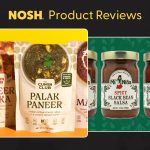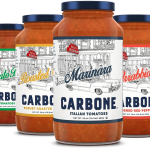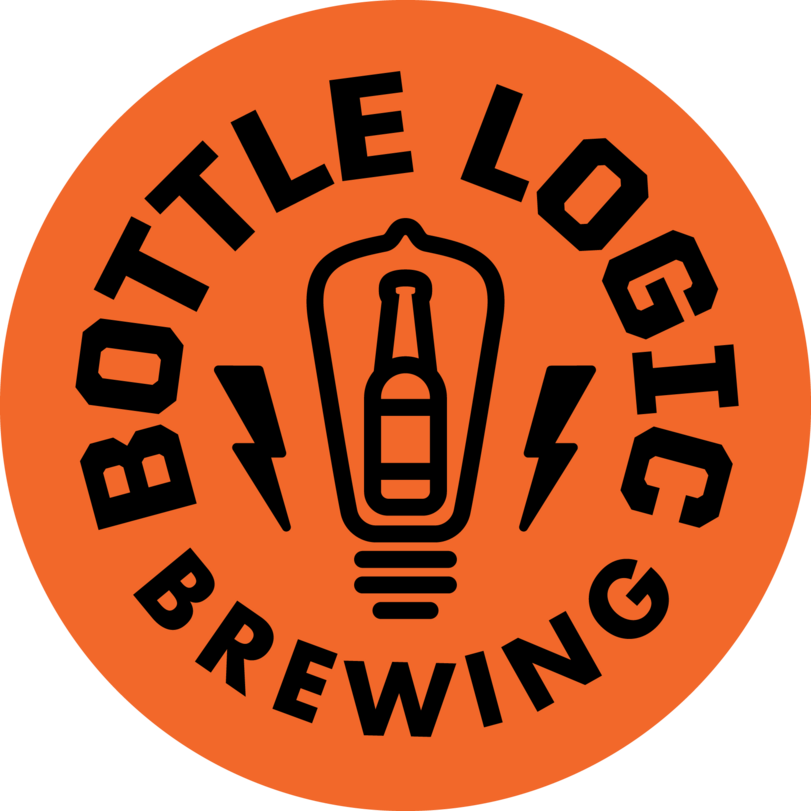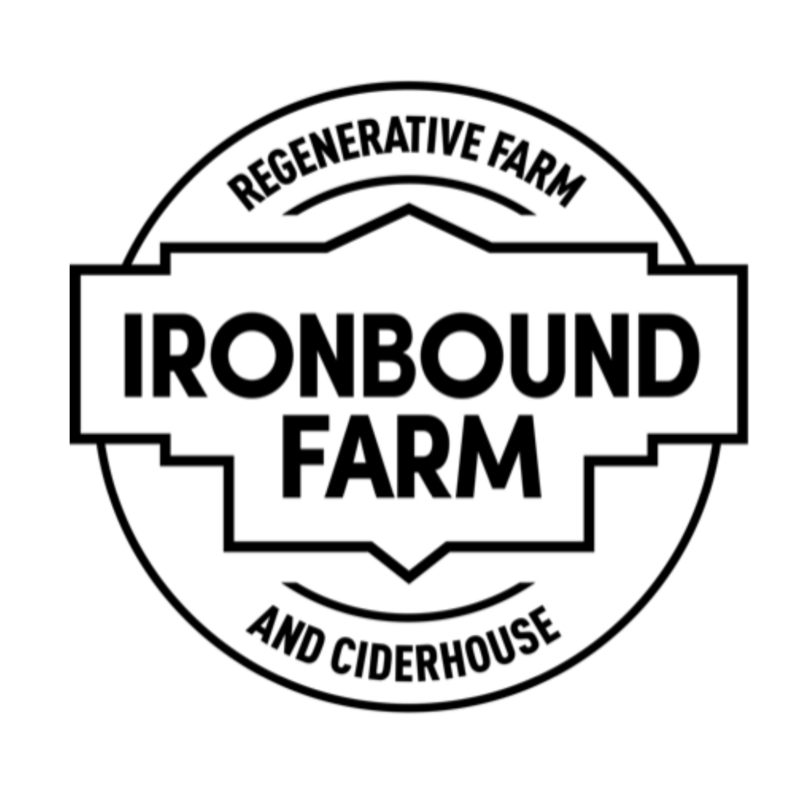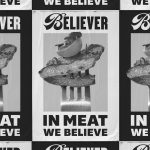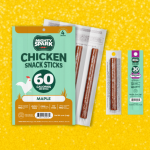Tacombi Was Always Intended To Tap Into CPG, The Challenge Was Scale.

Plenty of CPG brands also supply foodservice operators in the U.S., but in Mexico, that ecosystem has been deeply ingrained for decades. Large corporations such as Coca Cola, Grupo Bimbo, and Corona served as lifelines to small taquerias throughout the 1970s, 80s and continue still today, in exchange for establishing a brand presence and promoting their products in new markets.
It’s that relationship that Dario Wolos, founder and CEO, is aiming to modernize with his restaurant concept Tacombi and CPG brand Vista Hermosa.
“[Taquerias are] basically these places for CPG brands to give merchandising equipment – Coca Cola would say: ‘here’s my fridge, here are my metal tables, I’ll give you these, sell my product and you make your tacos,” explained Wolos. “All the brands were visible through their merchandising in the small restaurants.”
But instead of totally replicating that model, Wolos wanted to own and operate both sides of that ecosystem, creating brand touch points within the taquerias that could later be expanded elsewhere. He believes this approach set the foundation for building a brand architecture that can effectively honor authentic Mexican cuisine and play in multiple classes of trade with authentic, high-quality products.
“Over time as we grow, that supply chain will justify, in itself, a product that we could then sell outside of our taquerias – it was quite ambitious from the very beginning,” Wolos said.
Dine-in, QSR, fast food and mainstream CPG Mexican food was already a “huge combined segment” in the U.S with companies like Taco Bell, Old El Paso and Chi-Chi’s all well-established when Tacombi opened its first restaurant in 2010, but Wolos felt none properly honored Mexico’s traditional recipes and ingredients.
“Consumption and eating habits were so strongly ingrained – whether it was Taco Tuesday or a Margarita night,” Wolos continued. “[During] all these things people were consuming Mexican products, but there still wasn’t a brand or service or anything that was really bringing Mexico to life.”
Taking on that challenge meant also ensuring the products Wolos created reflected the healthier side of Mexican cuisine – a key piece that he believed was absent among products sold in the U.S. at the time. Today, Vista Hermosa sells three product lines – tortillas, Totopos (tortilla chips) and frozen burritos – all of which are the result of more than a decade of serving Tacombi customers and testing preferences.
Brands such as Siete and SOMOS have also since emerged on the CPG scene, launching in 2014 and 2021, respectively, with similar missions toward bringing authentic Mexican cuisine to U.S. consumers. While Siete has built its brand around grain-free offerings and SOMOS has run on a plant-based platform, Vista Hermosa has not tied itself to a specific diet due to its mission to honor all foods served in Mexico.
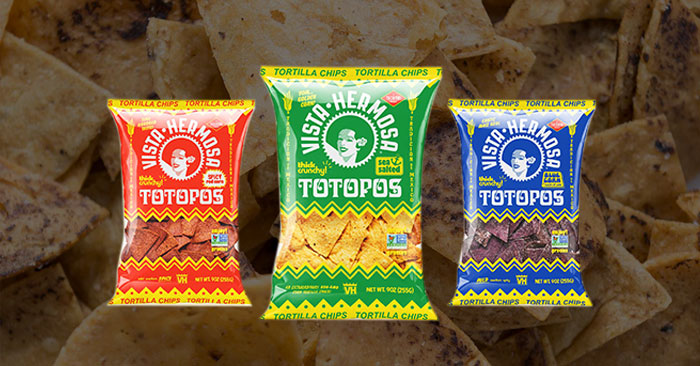
Tacombi Starts Rolling
The first piece to Wolos’ new brand ecosystem began as a single VW bus with a sawed-off roof (for greater taco-serving ease), parked beachside in Playa del Carmen. Once the transmission, engine and seats had been scrapped and sold for cooking equipment, Wolos began serving hungry tourists around 2006.
The bus business, dubbed Tacombi, was later packed up and shipped stateside to New York, where Wolos eventually expanded into brick-and-mortar restaurants and started producing tortillas in-house. It was out of a NYC Tacombi kitchen that Wolos began building Vista Hermosa; by 2017, he was selling his tortillas to Whole Foods.
“The biggest challenge has really been building two businesses under the same hood… and just [managing] the complexity that comes with scaling these two different brands,” said Wolos. “Because the standard was we had to be happy serving it in the restaurant – that dictated everything for the supply chain, and that, in essence, set the standard for what it would be in retail. That part of the thesis has held true and it’s worked quite well.”
The initial expansion into Whole Foods came when Elly Truesdell, at the time a local purchasing director for the natural retailer, tried the tortillas that Wolos was selling to customers from Tacombi’s NYC locations and worked to get the product on shelf in the region. Truesdell, now founder and managing partner of VC fund New Fare, is also an investor in the business.
“If it’s good enough for us to serve in the taquerias then we are happy to put our stamp on it and put it in retail and that was really how the first Whole Foods deal started,” Wolos explained. “When Elly Truesdell picked up the product – we had made it to meet the standards of our taquerias and we haven’t strayed as we’ve grown.”
In December 2021, Tacombi closed a $27.5 million investment round to continue funding that growth and scale up both businesses; according to Wolos, the company is currently in the midst of another capital raise. To help manage its growing operations, Blythe Kaplowitz, a former brand manager at KIND Snacks and Danone, joined the team in August 2021 and now serves as the company’s VP and GM of CPG. The company also counts Gary Hirshberg, founder of Stonyfield, as a strategic advisor.
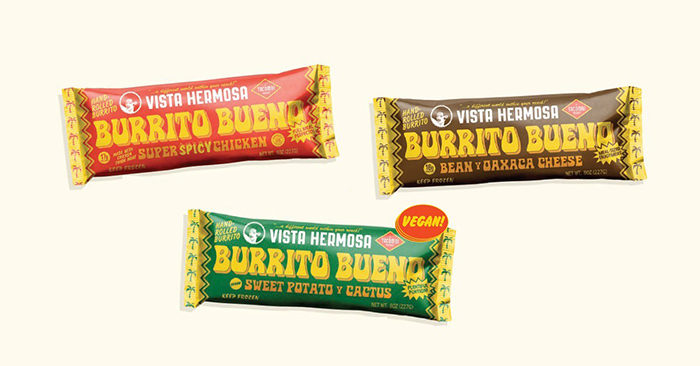
‘A Living, Breathing Focus Group’
Tortillas – the key ingredient to all three of Vista Hermosa’s lines – are still produced exclusively by the company, then shipped to co-packers for final production of its frozen burritos and fried totopos. In February, it opened a new tortilla factory in Brooklyn’s Sunset Park, an intentional choice to invest and support Mexican communities, Wolos noted. According to the company, all three product lines are seeing rapid sales growth with tortillas up 62%, totopos rising 92% and burritos jumping 140% year-over-year in Whole Foods and natural retailers.
Although the tortillas are no longer made on-premise, Tacombi’s restaurants continue to serve up inspiration for its CPG arm. The frozen burritos were born after the Tacombi team learned that during the pandemic some customers were buying burritos, eating half and freezing the rest for later. Launched in 2022, that line is expanding this week to Whole Foods stores nationwide.
“The restaurants serve as this living, breathing focus group,” said Wolos. “I think every major CPG brand would love to have their own living pop-up where customers can test their product, taste it, give them feedback, all that kind of stuff. In essence, that’s what our taquerias are if you look at it through the CPG lens.”
As Vista Hermosa has grown, Wolos said the team has strategized its retail distribution expansion by building around regions where Tacombi already has an established presence, including South Florida, the Mid Atlantic region, New York and most recently, Chicago. Though Vista Hermosa got its start in the natural channel, Wolos said his intention is to expand much further, into conventional and other retail channels.
“It’s been more a question of us figuring out how to scale and grow capacity accordingly to the larger segment,” said Wolos. “All people deserve clean food in the ingredient sense and so the more people we can get it to furthers our mission to connect people to Mexico and present them with this honest perspective on the traditions of our country.”


